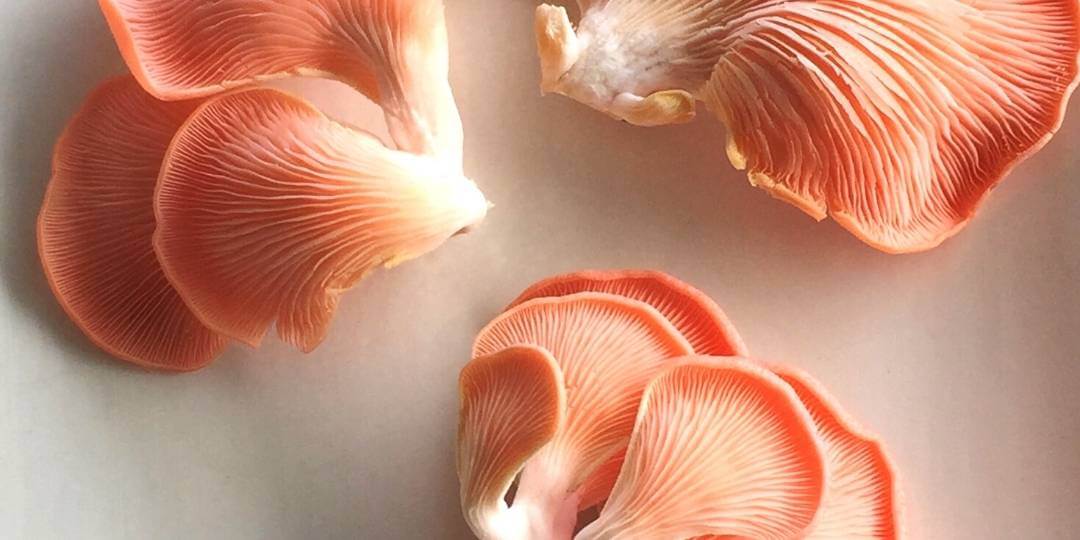May 19, 2021
•

This means that there is no one-size-fits-all approach to improving gut health. Even so, there are several simple, actionable things that you can try today that your gut bugs will thank you for!
We sat down with Professor Tim Spector, one of the world's leading gut microbiome researchers and a co-founder of ZOE, to discover his top 5 top gut health tips that anyone can use to start the journey towards a healthier gut today.
The wider diversity of fiber-packed plants you eat, the happier and more diverse your gut microbiome will be.
Nuts, seeds, pulses, whole grains fruits, and veggies are all packed with nutrients that support a healthy gut. Garlic, onion, leeks, asparagus, and whole grains are packed with particularly special prebiotic fibers that "good" gut microbes love.
The good news is that increasing the variety and amount of plants in your diet doesn’t have to be difficult, especially once you expand your idea of what counts as a plant-based food to include spices, herbs, nuts, and seeds.
For some inspiration, read this post with 10 tips for getting more plants into your diet.
Not only are colorful plant foods rich in fiber. They also contain loads of polyphenols, which "good" gut microbes love. In particular, nuts, berries, seeds, brightly colored fruits, extra virgin olive oil, and vegetables, and dark chocolate are rich in these beneficial antioxidants and anti-inflammatory compounds.
Want to understand how ZOE can help you understand the right foods for you? Click here for our free evaluation.
Take things to the next level by including a small shot of fermented foods in your diet daily. Fermented foods - like live yogurt, artisanal cheeses, kimchi, kombucha, kefir, and sauerkraut - contain living microbes, known as probiotics.
Once you’ve eaten them, these bugs can set up home in your gut, increasing the number and diversity of bacteria that make up your microbiome.
Not sure where to start? I always recommend the 4 K's — kefir, kombucha, kimchi, and kraut. You can also look to plain yogurt with live cultures and (smelly) cheeses for a gut boost. The key is to include a small shot of fermented foods daily, rather than consuming a large amount of fermented food once in a while.
Try to avoid or limit snacking, and aim to give your gut bugs time to rest overnight. At night, there is a whole team of gut microbes that work to clean up your gut lining and keep it healthy. This regular cleaning is important for supporting a healthy gut and immune system. By giving your gut bugs a break, they'll have time to recover to do their job well.
A high intake of ultra-processed foods is known to be associated with unfavorable health outcomes, including conditions like heart disease, type 2 diabetes, and obesity.
They also aren’t great for our gut microbes, as they don't provide much fiber and other nutrients for "good" gut microbes to munch on. They're often high in sugar, unhealthy fats, and artificial sweeteners that don't support a healthy gut microbiome.
Findings from our research into the gut microbiome also show a link between highly processed foods and “bad” gut microbes that are associated with poorer health markers.
While no food should be completely off-limits, choosing more delicious and nutritious unprocessed or minimally processed foods, and limiting ultra-processed foods will help to keep your gut microbes happy and well-fed.
The good news is that what you eat can change your microbiome composition. But how do you know what to put on your plate?
We all have unique microbiomes, so there is no one-size-fits-all approach to nutrition that suits everybody’s gut bugs. Importantly, there’s no single food—or single microbe—that will make or break your gut microbiome.
The microbiome is a complex community, so your regular diet and lifestyle habits over time are what determines the mix.
Finding the foods that work best for your unique body and your community of gut bacteria starts with understanding which bugs are living in your gut right now, and which foods will help them thrive.
That’s why when you join the ZOE Program, you’ll take an easy poop test at home so we can analyze your gut microbiome, alongside testing your blood sugar and fat responses. That way we can tell you which bugs you’re hosting alongside an understanding of how your body responds to foods.